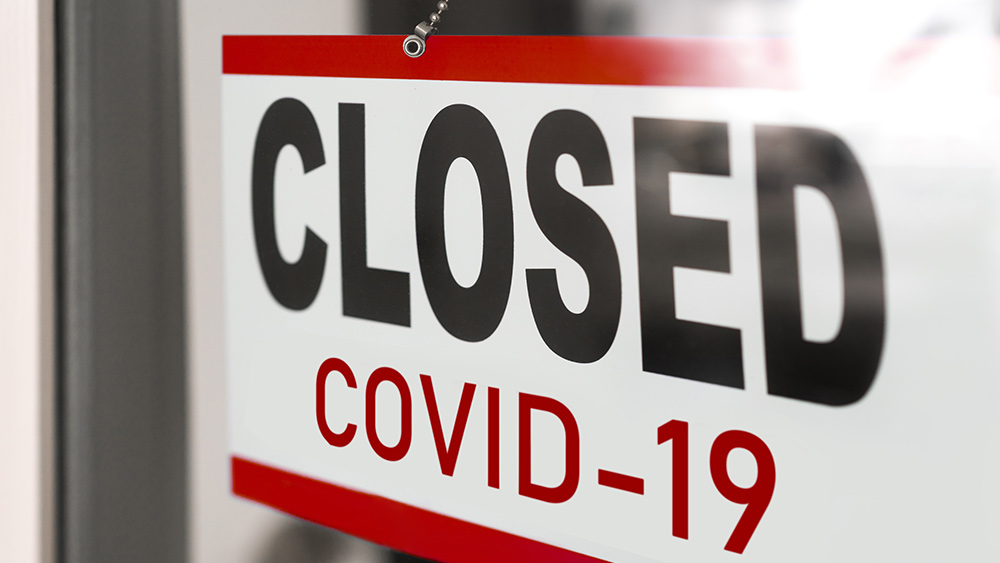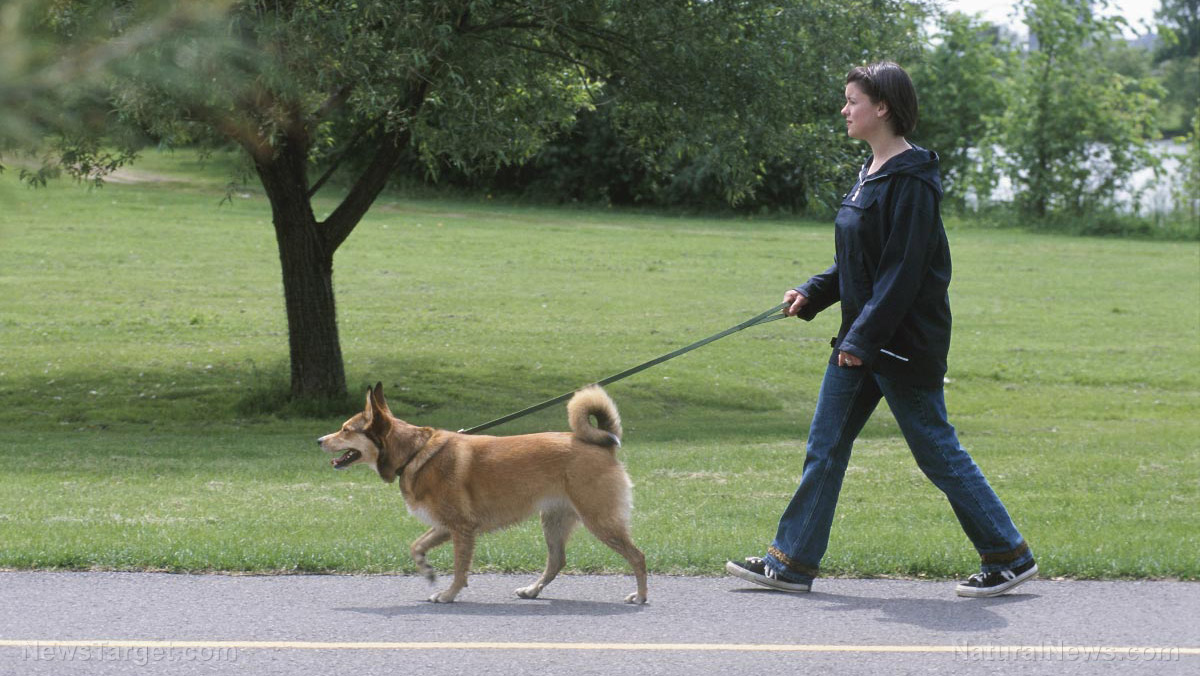
A pizza restaurant employee contracting the coronavirus led to South Australia locking down the entire state, the Wall Street Journal reported. Initially, the man claimed he contracted COVID-19 after buying a takeout pizza from a restaurant with an infected employee. However, the man turned out to be an employee of Woodville Pizza Bar in Adelaide – who was working alongside an infected colleague in the same kitchen.
The employee’s misleading claims sent health authorities in a frenzy to find other possibly infected customers. A second scrutiny on the employee produced a confession and narrowed down the possible contacts to trace to other pizza bar employees. The errant worker did not explain why he misled authorities in the first instance. Attempts to contact Woodville Pizza Bar ended in vain, with its phone line apparently out of service.
The cluster at South Australia’s state capital has been traced to a cleaner at a hotel used as a quarantine facility for returned travelers. She has been believed to have infected two hotel guards in turn. One of the two guards, the same person who misled health authorities, also worked at Woodville Pizza Bar.
Misleading information had serious repercussions
However, the employee’s claim of contracting COVID-19 from a takeout pizza triggered a statewide lockdown. Authorities ordered more than 1.7 million people to stay home, shut down schools and banned outdoor exercise for a six-day period. State Premier Steven Marshall even asked the federal government to halt international flights into Adelaide, the fifth most populous city in Australia.
Authorities believe that a customer being infected simply by purchasing pizza did not only suggest the coronavirus could be spreading widely in the community. It also implied that a more infectious strain could be circulating – with people potentially being infected through contact with surfaces such as cardboard pizza boxes.
Catherine Bennett, epidemiology chairwoman at Deakin University, said such a virulent strain would have been unusual. However, she added that authorities were worried that the virus was spreading even without people having close contact with each other. “[Authorities] though any casual contact, [such as] anyone who collected a pizza, was potentially exposed in a way that could lead to infection. That changes your perception of who is at risk and who the close contacts are,” Bennett remarked.
South Australia Police Commissioner Grant Stevens emphasized the importance of cooperating with authorities for public to avoid unnecessary lockdowns. The state’s top-ranking police officer said: “Had this person been truthful to the contact tracing teams, we would not have gone into a six-day lockdown.”
Move to shut down the state another instance why lockdowns cause more harm than good
Marshall announced Nov. 20 that the lockdown would end at a sooner time, with restrictions to be eased starting 12:00 a.m. the next day. The ban on outdoor exercise was immediately lifted and schools were ordered to reopen Nov. 23. The premier earlier urged residents not to hoard food and other essentials ahead of the lockdown. (Related: Australia to continue lockdown for another four weeks.)
He commented on the pizza bar employee’s actions: “We know now that [he] lied. To say that I’m fuming is an understatement; we’re absolutely livid about the actions of this individual. I will not let the disgraceful conduct of a single individual keep [South Australia] in these circuit breaker conditions one day longer than what is necessary.”
South Australia’s lockdown illustrated how authorities acting aggressively and imposing stringent restrictions, based on a few cases, can cause more harm than good. For instance, business leaders criticized Marshall’s move to lock down the state, saying that it would “set a precedent” other Australian states might follow. (Related: Victoria, Australia, implements draconian new lockdown, no outdoor trips allowed.)
The World Health Organization discouraged the use of lockdowns as a primary means to address any coronavirus infections. It previously advocated locking down countries to address infections, but changed stances after finding the detrimental effects of lockdowns to the economy.
WHO Special Envoy Dr. David Nabarro instead suggested that countries develop “better systems” for controlling the pandemic, “work together” and “learn from each other” in the process. Nabarro continued that the only time a lockdown should be justified was when countries need to reorganize their efforts, rebalance their resources and protect their exhausted health workers.
Based on data from Johns Hopkins University, Australia currently has a 27,806 COVID-19 caseload with 907 deaths and 25,581 recoveries.
Find out more news about lockdowns to address coronavirus outbreaks at Pandemic.news.
Sources include:
Please contact us for more information.















